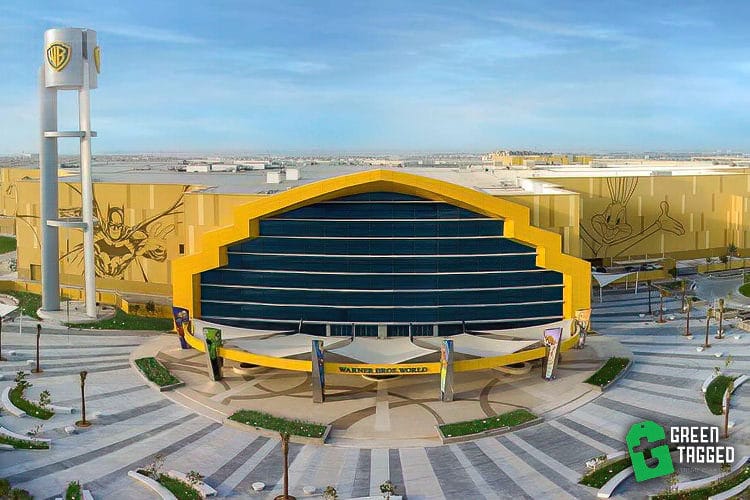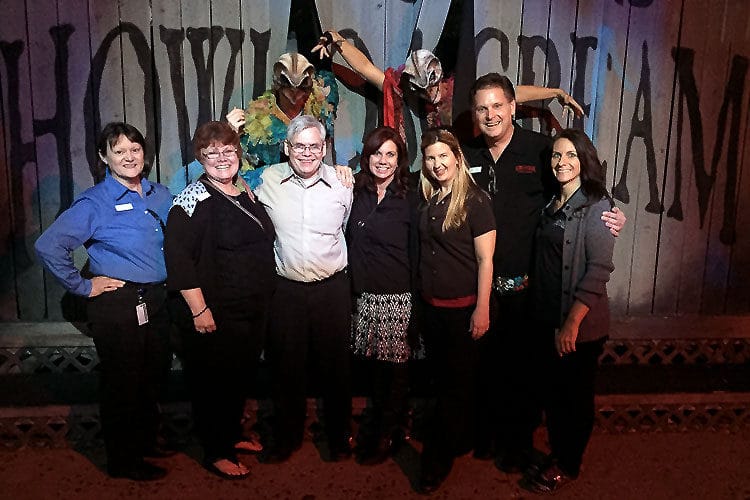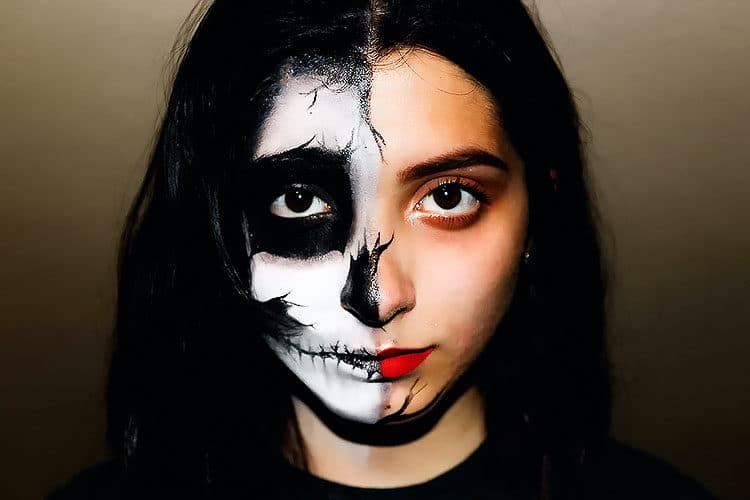Green Tagged – Theme Park in 30 for Oct 25
This week on Green Tagged: Attractions weigh in on sustainability; Hong Kong has a new COVID Safe Certification Plan; India Operators Doubt Demand; Disney and Six Flags continue to Rightsize; Hong Kong’s Ocean Park Faces Rebranding Challenge; Both Disney and Universal are testing new hotel models.
Listen or Watch Now
Attractions Weigh in on Sustainability

Sustainability is a hot topic, and we know younger consumers are increasingly concerned with the topic. Sustainability will be a continuing conversation among theme parks, because sustainability and climate change are top of mind in younger audiences. This week, we’re pairing two stories from the UAE dealing with the topic.
At Warner Bros. World Abu Dhabi, an estimated 16,000 solar modules are to be installed across the 36,000-square-meter roof area of the complex on Yas Island in the United Arab Emirates to generate almost 40% of the park’s annual energy demand. This project is expected to be operational in the fourth quarter of 2021.
For its Climate and Biodiversity week, which is scheduled to open October 21, 2021, Expo 2020 Dubai will feature experts, change-makers, and industry leaders taking audiences on a virtual journey to point up the need for urgent, decisive action on climate change and preserving biodiversity. The event will feature panel discussions and Q&A sessions.
Solar is the most accessible form of power in the UAE. Of course, there’s oil, too, but that’s a finite resource, and solar power isn’t. We’ll continue to watch how other parks integrate sustainability into their operations.
China’s Tourism is Recovering
Tourism is recovering in China, showing us a potential model for future recovery in the US. As the US recovers, attractions must determine how best to reopen. Reopening will look different in the US, and each attraction must decide what is best for them.
Golden Week Results in More than 600 Million People Traveling Within China
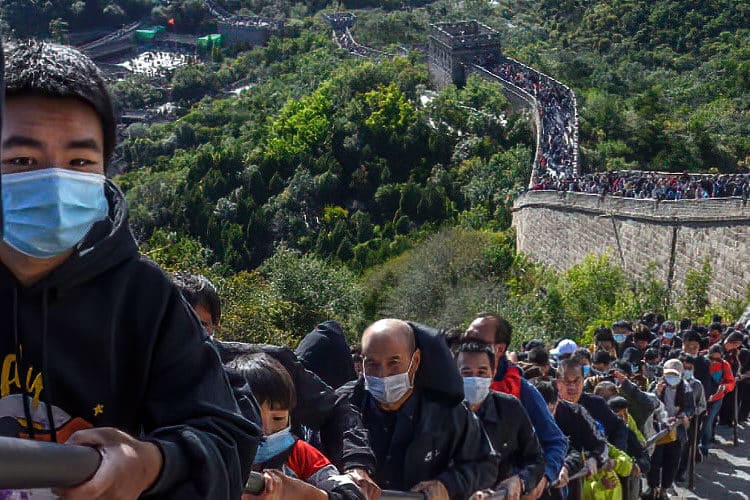
Almost 640 million people were reported to have traveled within China during the annual Golden Week, generating about $68.6 billion in tourism revenue. This year, two holidays converged during Golden Week: National Day, which celebrates the founding of the People’s Republic of China on October 1, 1949, and the Mid-Autumn Festival, which is determined by the lunar calendar. Although some 782 million tourists traveled during Golden Week last year, China views this year’s numbers as indicative of a rebound in its domestic travel industry.
Qingdao, China is Under Soft Lockdown after Cluster of COVID-19 Discovered
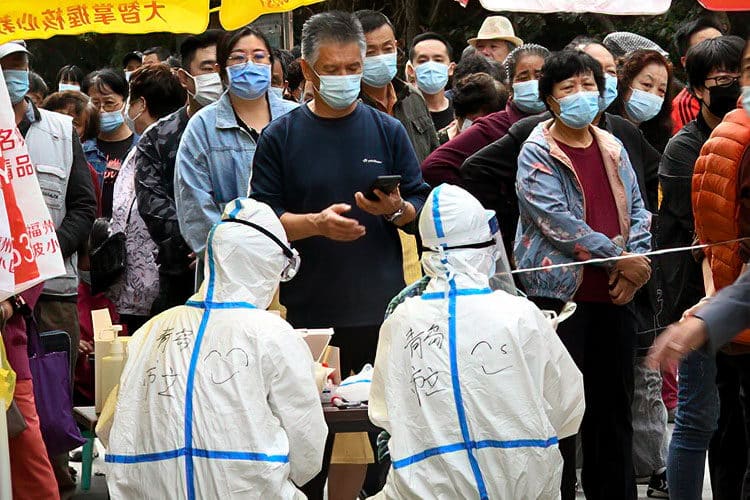
Some 10 million people were tested in five days after 13 people tested positive for COVID in the city. Although those 10 million tests all came back negative, residents were asked to remain at home, flights to Beijing were canceled, and travelers from Qingdao to other parts of China were required to quarantine. The 13 positive cases were traced to a Qingdao hospital.
China has a long-term system in place for tracking the virus and implementing actions to control it. One person tested positive in a random screening, and the response was immediate. Within five days, 10 million tests were done, which is more than we do in two weeks. They quarantined those 13 people, did contact tracing, and shut down flights.
China’s response shows a strong and coordinated authoritarian response. In the US, attractions have more agency and thus more responsibility for their reopening protocols. We can’t go back to the way things were—or, that may not happen for 10 or 15 years—but we can find a way forward that’s safe.
Combating Public Fear to Boost Tourism
The next two stories deal with the trend of combating public fear to boost tourism. Government policies and recession aside, guests won’t come to your attraction if they are afraid of the pandemic. In Hong Kong, the tourism board is putting together a tourism board to make consumers feel safe. Meanwhile in India, despite being allowed to reopen, attractions fear for attendance while the virus is raging.
Hong Kong Sets hygiene Standards
The Tourism Board in Hong Kong recently set hygiene standards, and businesses can be recognized with a certificate they can display when they meet these hygiene standards—sort of like a Good Housekeeping seal of approval. The point, of course, is to build confidence in the safety of these establishments.
This seems like a great idea, and we wish it were happening in the United States. Here, we have conflicting information about the virus and safety measures as well as conflicting government intervention at the local, state, and federal levels. It would be so wonderful if we could arrive at a unified standard, and everyone who’s approved under that standard gets a gold star on their door, so we all know they’re safe.
Most of the changes recommended by the tourism board are things we’re already familiar with, but one interesting requirement was that restaurants ensure they have a ventilation system that exchanges the air in the venue six times per hour or that they install a grade of HEPA filter to make sure it filters out virus particles.
Government Issues Reopening Guidance for Attractions in India
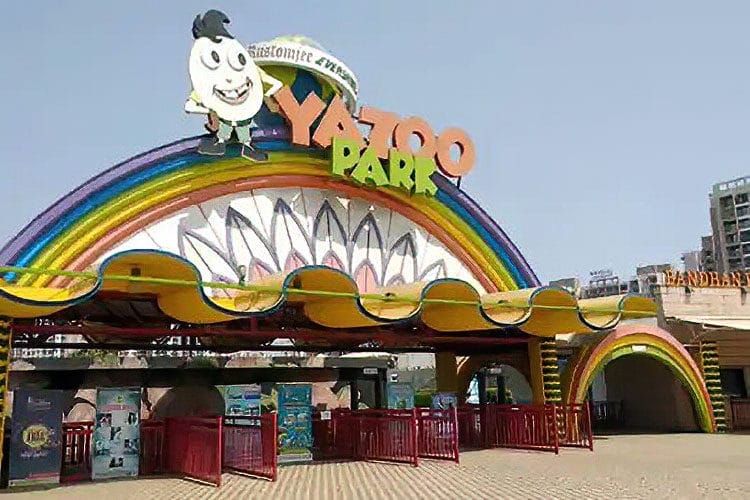
The amusement park industry in India was authorized by the Indian government to reopen on October 15, but those in the industry expressed concerns about attendance based on the experience of restaurants, which reopened previously. The fear is that people won’t visit amusement parks as long as the pandemic is raging.
More Rightsizing
We’ve spoken a lot on the show about how companies must right size their operations and reset their priorities. Below we see aftershocks at both Six Flags and Disney as they continue rightsizing.
Six Flags Announces 10% Workforce Reduction
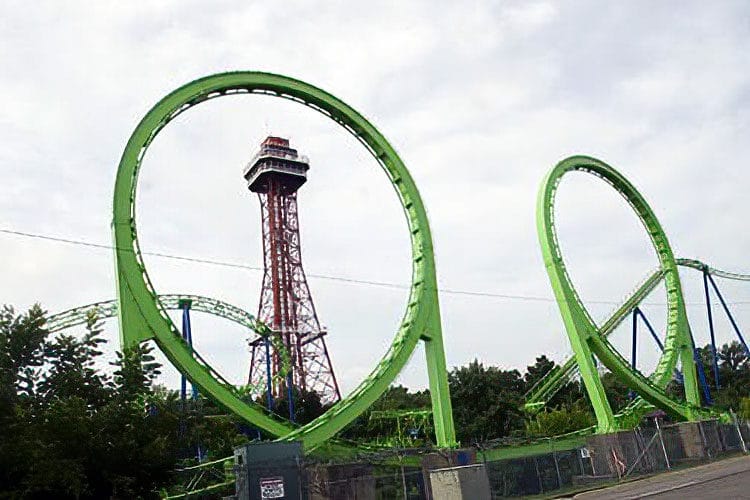
Six Flags Entertainment Corp. has disclosed its plan to reduce its full-time workforce by about 10%, which is about 240 jobs.
Disneyland Resort in Anaheim, California Cites Estimated $2.2 Billion Loss in Revenue
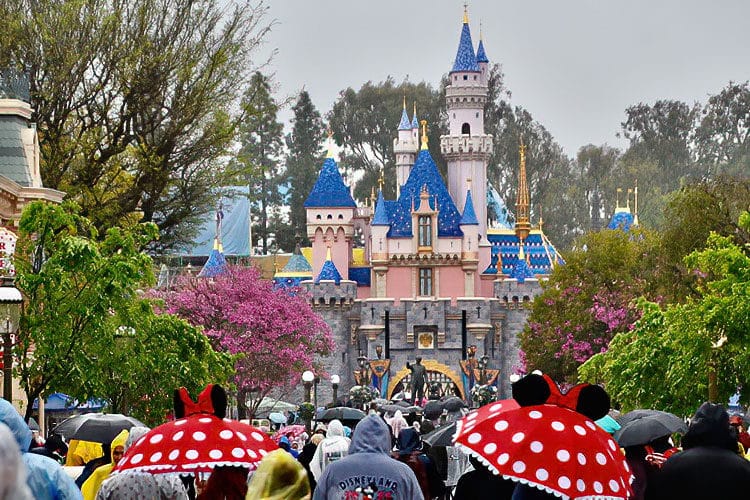
Disneyland Resort in Anaheim, California stated it has lost $2.2 billion from closures of hotels and theme parks during the coronavirus outbreak, reflecting a loss to the Southern California economy of $5 billion. The analyst firm MoffettNathanson projects that Disney properties worldwide could suffer a $21 billion loss through 2022 if current conditions persist.
Rediscovering Your North Star
Along with rightsizing, companies are resetting their priorities during the pandemic. The following articles deal with Hong Kong’s Ocean Park (one of Philip’s favorite parks). Ocean Park is owned by the government, and so they end up being the target of much scrutiny. The first article looks at the business side, while the second is an editorial on potential pivots.
Ocean Park Hong Kong and Disneyland Hong Kong Attempt to Lure Residents to Compensate for Tourism Downturn
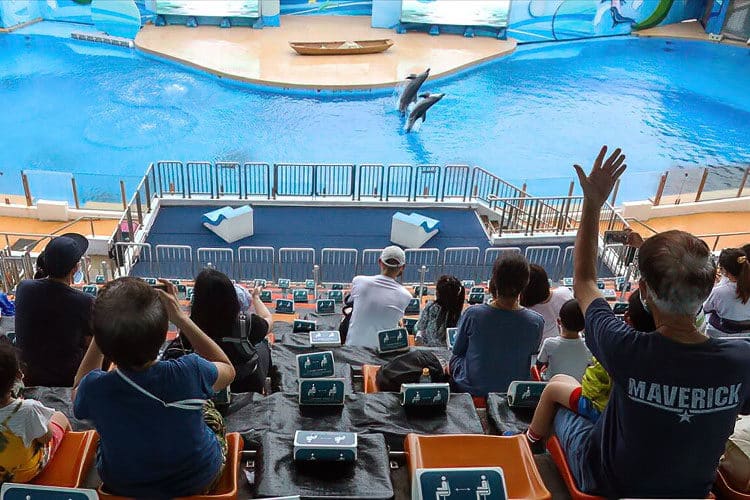
The survival of these two premier Hong Kong theme parks hangs in the balance as a result of shutdowns necessitated by the coronavirus epidemic. Former Ocean Park chairman Allan Zeman, who’s credited with reviving Ocean Park after the SARS outbreak in 2003, believes both theme parks must do everything they can to stay open all year round despite the ongoing pandemic. “Closing the business kills the business,” he said.
Many of the highlights in this article, including staycations, seasonal events like Halloween, reducing admission prices, and starting new activities, such as yoga at the aquarium, which we discussed in our previous podcast. This piece is worth a read for any theme park however, as it discusses the aftereffects (including that you can’t always raise prices back up).
Editorial on How Ocean Park Needs to Rebrand Itself in the New Hong Kong
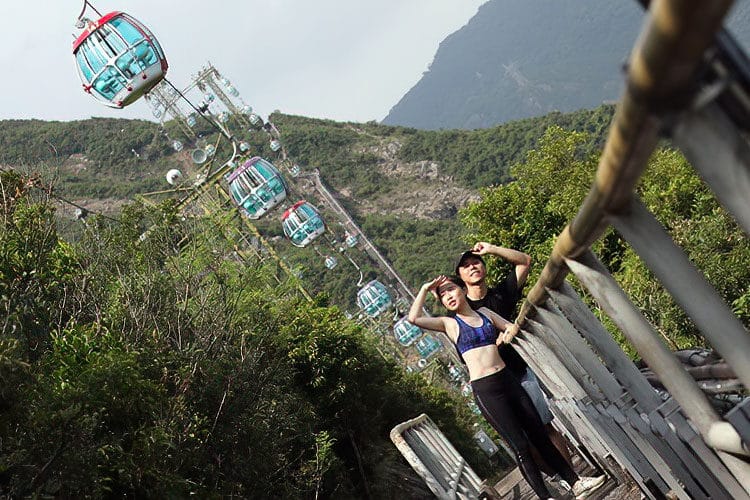
The theme of this opinion piece is that Ocean Park needs to be rebranded and reshaped into a destination that caters not only to those with nostalgia for the good old days of 1980s Hong Kong but also to a younger crowd, artists, high-spending visitors looking for a boutique experience, and tourists.
The writer recommended bringing in fledgling theater groups that are struggling to find permanent and affordable venues. He states, “To a young person in Hong Kong, these are the tribes that best typify Hong Kong culture.”
The previous rebranding of Ocean Park positioned it as ‘a people’s park’ while still holding on to their conservation education. To implement the ideas mentioned means to rethink what conservation and the people of Hong Kong are.
Pivots at Hotels
Finally, a short note on how Universal and Disney are redefining what a hotel is.
Universal Music Announces Plans for Hotels in Three Cities

Universal Music has announced plans for three hotels in Biloxi, Atlanta, and Orlando that are music-focused and feature large concert venues. The idea here is to merge concerts with lodging and allow guests to watch the concert from the hotel. This strategy combines the hotel and the concert venue in one and applies assets in two different ways.
Galactic Starcruiser—a Cruise Without Leaving the Dock

Of course, In 2021, Walt Disney World will debut Star Wars: Galactic Starcruiser, “a two-night, all immersive adventure.”
Both experiences are poised to ‘potentially’ redefine the role of hotels. We’ll see how they do!
